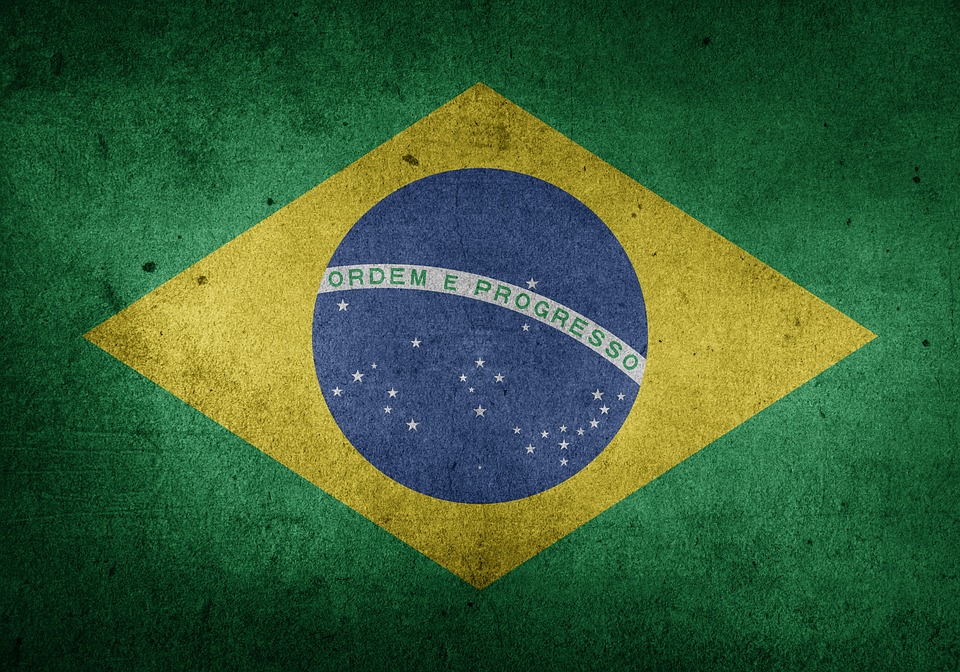(Source: Pixabay)
As Jair Bolsonaro’s victory in Brazil strengthens the increasingly powerful global-right, The Gryphon explores the conditions to which give rise to populism and other extremist groups
On the 28th October 2018, Jair Bolsonaro of the Social Liberal Party was elected as Brazil’s 38th President, securing 55.1% of the vote. The world’s fourth largest democracy elected a candidate known for his ultra-nationalist and populist outlook, and vocal opposition of same-sex marriage, abortion, affirmative action and secularism. With one of the most polarising and violent political campaigns in Brazil’s history, the election of the retired military officer signifies a seismic shift to the right, as well as a break from nearly two-decades of electing leftist presidents.
Bolsonaro’s ideology, however, goes beyond that of the average right-wing politician. The deeply polarising figure has referred to refugees as ‘the scum of the earth’, stated that he would be ‘incapable’ of loving a homosexual son, and told Brazilian politician Maria de Rosario that she was ‘too ugly to rape’. He has praised Chilean dictator Pinochet and voiced his support for the authoritarian military dictatorship that ruled Brazil from 1964 to 1985, infamous for its human rights violations, repression of the political opposition and a CIA backed state terror campaign against left-wing dissidents. It is thus unsurprising that he has been described as ‘the most misogynistic, hateful elected official in the democratic world.’ His victory and popular support have raised one key question; why was he elected?
Within the context of a failing economy, a government plagued by corruption scandals, and an epidemic of violence that is tearing through Brazilian society, Bolsonaro successfully presented himself as a fringe candidate, a man who could harness disaffection for the previous government amongst voters and offer a legitimate alternative from a return to traditional values. President Michel Temer’s reformist agenda of 2016 achieved little, with his slashing of labour rights and defunding of trade unions gaining nothing but job insecurity. The frustrated and alienated electorate appears to be ready for a more conservative set of policies in order to combat culture wars and the violence epidemic. Thus, Bolsonaro’s promises of radical economic reform and conservative social morals strike a chord with many Brazilians, particularly with Evangelicals who made up 30% of the electorate in 2013. Support for democratic norms has fallen to a historic low, and thus Bolsonaro’s support for traditional institutions such as the Church, family values, and the military, has appealed to many voters.
The insecurity within Brazilian society has stirred up a dominant popular sentiment amongst the electorate; anger at the political class. Bolsonaro has been able to ride this nascent wave of popular discontent and present himself as the only viable alternative for government. Nathan Gardels for the Washington Post notes: “when an unresponsive elite forsakes average citizens in a system legitimated by popular sovereignty, demagogues who fashion themselves as tribunes of the people ride the rage to power.” This has been a general trend over the past two years, with authoritarian leaders looking to the ascendency of Donald Trump in the US for inspiration, with his right-wing rhetoric being emulated across the globe. Just last Friday, the Nigerian army cited Trump’s suggestion that US military personnel could fire on antagonistic migrants, in defence of its own fatal shooting of unarmed protesters. In addition, Theo Francken, Belgium’s Immigration Minister has voiced his support for Trump’s recent call to end birthright citizenship in the US. Matteo Salvini, the Deputy Prime Minister of Italy, and a key member of the neo-nationalist movement have adopted the phrase ‘Italians First’, deriving from Trump’s renowned slogan ‘America First’.
When considering Latin American politics, it is clear that Bolsonaro’s ascension to power is indicative of a turn to the right, following a demise of left-wing politicians. The beginning of the decade saw left of centre leaders attaining power, with Cristina Kirchner serving as President of Argentina, and President Lula of the Workers Party being elected as one of the most popular politicians in Brazil’s history. Fast forward to present day, and Kirchner is facing a corruption trial, whilst Lula is serving twelve years in prison due to corruption charges. The political vacuum that this has created has allowed Bolsonaro to assert control. This transition for Brazil is very similar to Trump’s rise to power in the US. Like Bolsonaro, Trump presented himself as the Washington outsider, using the image of America as a country in decline to his advantage by presenting himself as the only person that could ‘make America great again’. Bolsonaro’s use of social media during his campaign echoes that of Trump’s; whilst Trump takes to Twitter to express his views, Bolsonaro prefers broadcasting from his home through Facebook Live, the medium that he used for his acceptance speech. Bolsonaro has also pushed against environmental regulations and advocated for the loosening of gun laws. When considering these similarities, it is no wonder that he has been dubbed the ‘Brazilian Donald Trump’. Like Trump, his controversial rhetoric and misogynistic hate speech are not phasing voters. In fact, his radicalism is actually appealing to them.
Political scandal, corruption and subsequent disaffection amongst voters have opened the field for a more ideological and militant type of politics, one that Bolsonaro’s policies encompass. History has shown us that the breakdown of social order can lead to extremism – when those that are in power cannot deliver democratic values to the electorate, frustration breeds and voters are divided. In Brazil’s case, those who feel excluded by identity politics, and alienated by the promises of corrupt democratic leaders, are willing to overlook the misogynistic and hateful comments and opinions espoused by Bolsonaro, in favour of the security and order that he appears to provide. He promotes a polarizing populist ideology that is the symptom of popular discontent, rather than the cause.
The ascension of such a controversial figure through democratic elections has disconcerted many, yet one thing is for certain; a new right-wing axis is emerging in global politics.
Georgina Kinsella

